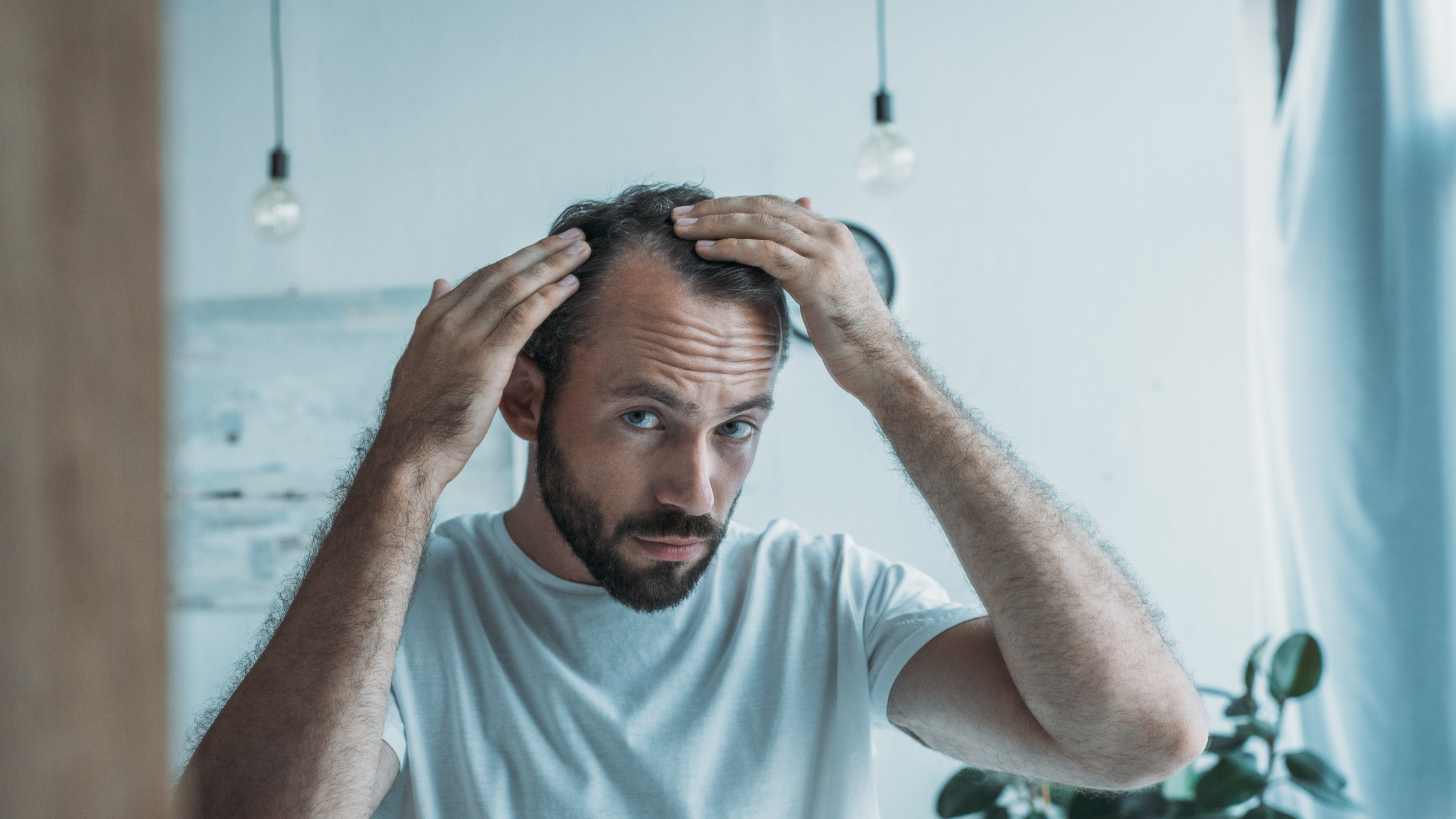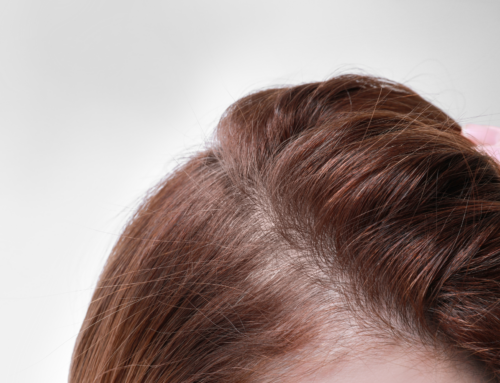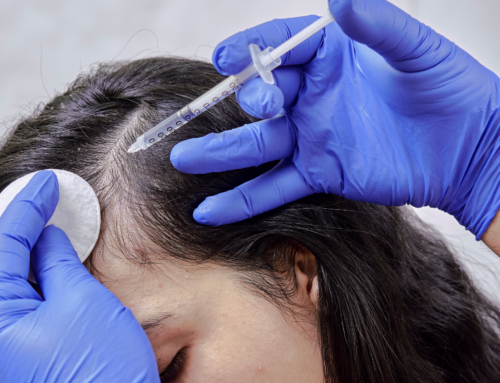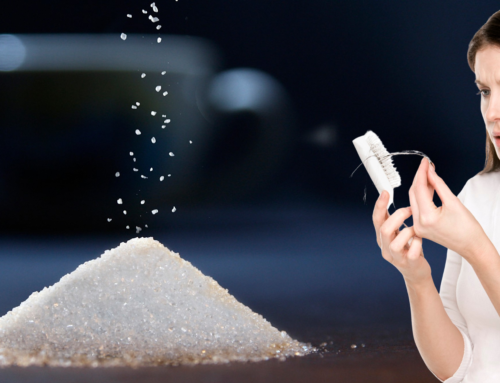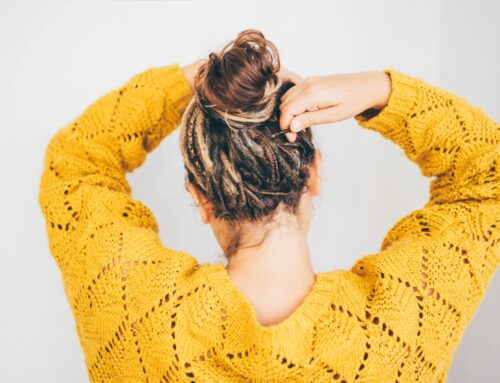We all know that stress and anxiety can take a toll on our health, but did you know they can also affect your hair? Thinning hair and hair loss can significantly impact a person’s self-esteem and self-confidence.
There is a profound connection between anxiety, stress and hair loss. And, thankfully, we have some practical ways to take control of your mental health, which ultimately leads to better hair health.
The Science Behind Stress and Hair Loss
Hair loss is a complex issue influenced by things like genetics, hormones, medical conditions, medications, and lifestyle. One of those factors linked to hair loss is stress, even though we don’t fully understand how it works. Here’s how stress can contribute to hair loss:
- Telogen Effluvium: This type of hair loss occurs when many hair follicles enter the resting phase at once, often due to a significant stressor. Stress can disrupt the hair growth cycle and push more follicles into the resting phase.
- Hormonal Changes: Stress can change hormone levels by increasing cortisol, which can lead to hair thinning.
- Inflammation: Chronic stress can trigger inflammation in the body, damaging hair follicles and disrupting their function, causing hair shedding and thinning.
- Alopecia Areata: This autoimmune disorder leads to hair loss when the immune system mistakenly attacks hair follicles. Studies show that severe stress and anxiety can trigger or worsen alopecia areata by influencing immune function.
- Vasoconstriction: Stress can constrict blood vessels, reducing blood flow to the scalp and hair follicles, which impacts hair health.
- Behavior: People under stress may engage in behaviors like hair-pulling (trichotillomania, a disorder that involves hair-pulling as a coping mechanism), or neglecting proper hair care.
Tips for Stopping Stress-Induced Hair Loss
Understanding the relationship between stress and hair loss is the first step. Here are some ways you can combat stress-induced hair loss:
- Hydration: Drink more water! This helps cellular health, and hair follicles, by supporting nutrient transport and waste removal.
- Meditation: Regular mindfulness meditation can reduce cortisol levels and promote relaxation.
- Physical Activity: Exercise is proven to reduce stress. It boosts endorphin production, the body’s natural mood elevator, and improves blood circulation to the scalp.
- Sleep: Prioritize good sleep habits for your body and mind to recover from daily challenges. Turn off the phone an hour before bed.
- Nutrition: A well-rounded diet (the Cellustrious team recommends a pescatarian approach) with essential nutrients like biotin, vitamin D, and omega-3 fatty acids is crucial for mental and hair health.
- Support: If anxiety is a recurring issue, don’t be afraid to seek therapy or support groups.
- Medications: Be aware of the medications you take and their impact on your hair. Check with your healthcare professionals for help.
For those looking to boost hair regrowth, explore supplementary products like Cellustrious® Ultimate Hair Restoration Supplement
Take Action Now
Dealing with stress and hair loss is not in your imagination and it requires action. Understanding the connection is a big step. By using effective strategies we have just laid out, you can reduce their impact and work toward balance and confidence.
Your hair is a reflection of your well-being, so let it shine as a sign of your resilience and self-care. Remember, stress doesn’t define you, and hair loss from stress isn’t permanent. You can explore more of the range of Cellustrious® treatments on our website.
If you’re experiencing stress-related hair loss, know that you’re not alone. Begin your path to healthier hair by scheduling a consultation with us.

